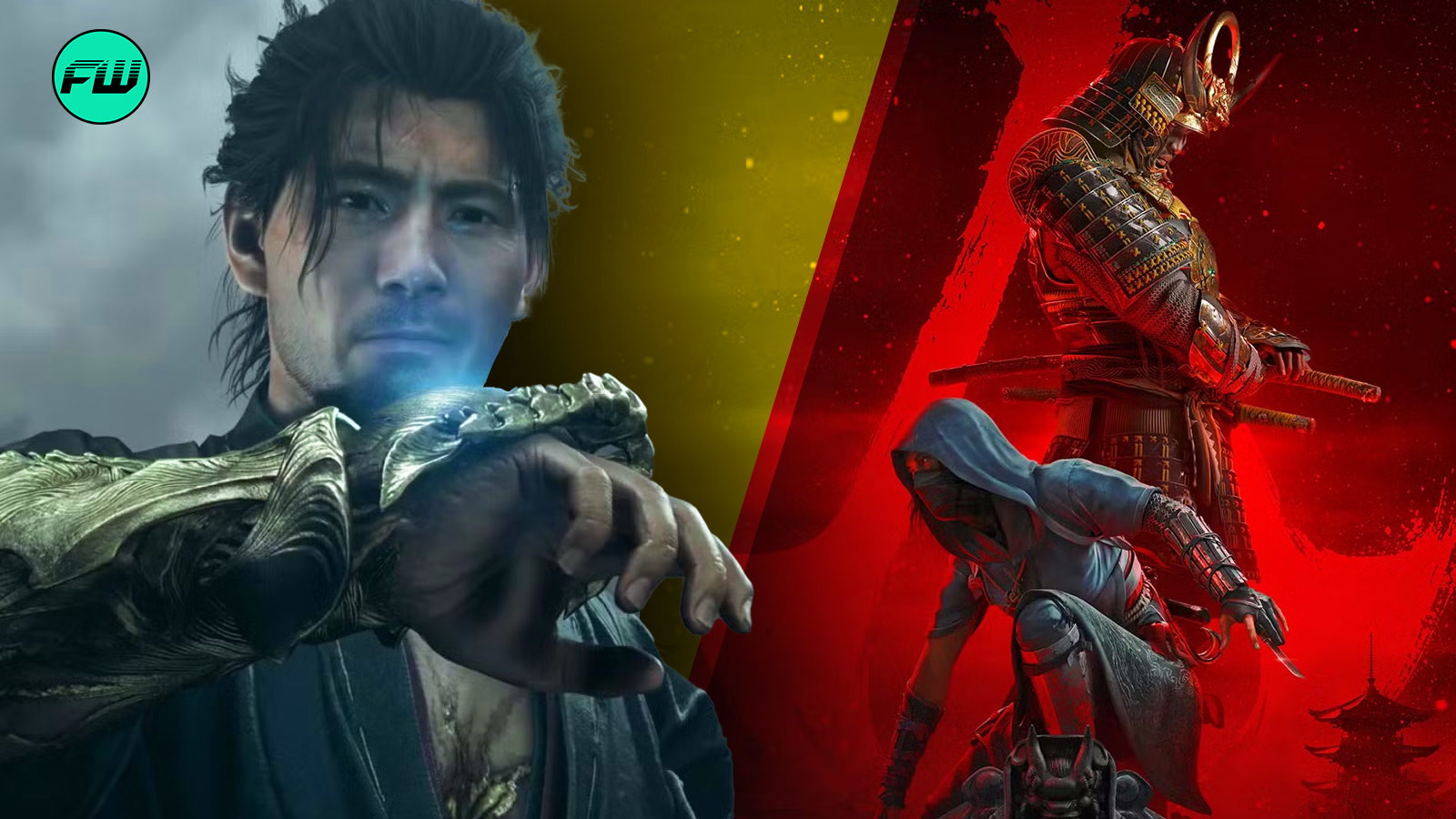
Capcom has created multiple Japan-based games, and among all of them, Onimusha: Way of the Sword would be the latest. You’ll be happy to know that Capcom is working with temple officials to create a world that is accurate and does justice to their culture.
While it may not seem like much, Ubisoft kind of messed up with their iteration of Japan, which makes accuracy a huge deal. As we all know, Ubisoft received immense flak with Assassin’s Creed Shadows, because of their poor research surrounding Feudal Japan. Well, that won’t be the case for Capcom’s take, as they’re taking every measure to avoid a controversy.
Capcom collaborating with Japanese officials to build their next title is a huge win over Ubisoft
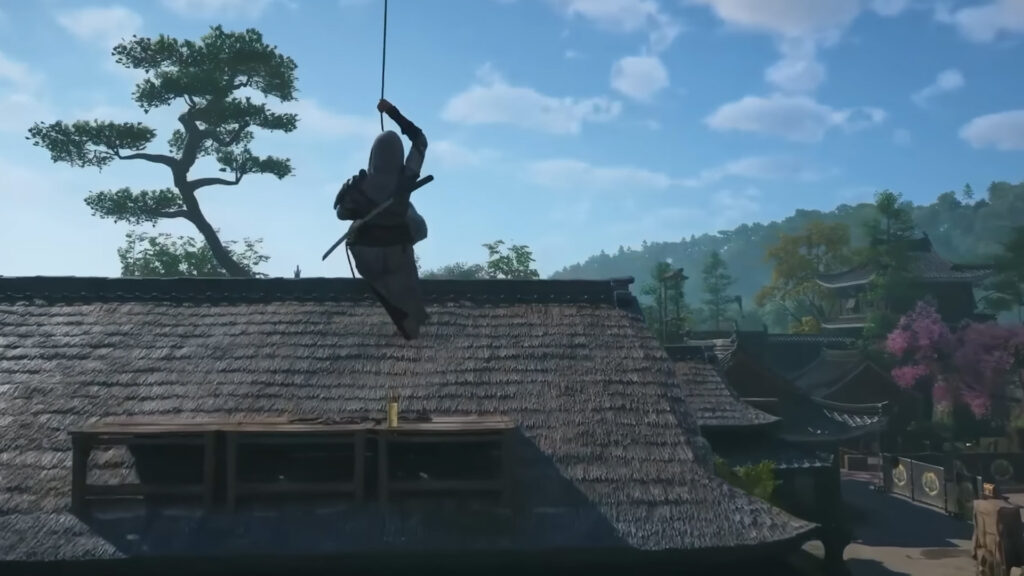
Following the Ubisoft controversy, Capcom took a smart approach to make Onimusha: Way of the Sword a success. The first steps include Capcom reaching out to Japanese officials to feature the Kiyomizu-dera temple in their rendition. This was revealed at an interview with GamesRadar+ where producer Akihito Kadowaki was invited.
It was important to us to make sure that we were presenting these real world locations in Kyoto in Japan not just realistically in terms of how they’re laid out today, but also thinking back to how they would have looked at the time setting that the game is in.
While Capcom is taking a creative path of featuring supernatural creatures in Onimusha: Way of the Sword, they want to keep it respectful. Creative liberties are always welcomed in games, but if they disregard the sentiments of people, then the problem has to be dealt with.
What Ubisoft did with Assassin’s Creed Shadows will remain controversial in our hearts, since they took their creative liberty too far. Maybe consulting experts from Japan could have avoided it, but reality is something else. If a location is meant to be featured in an entertainment medium, cultures need to be respected, even if it’s imaginary.
Why is Ubisoft’s take on Japanese history considered controversial?
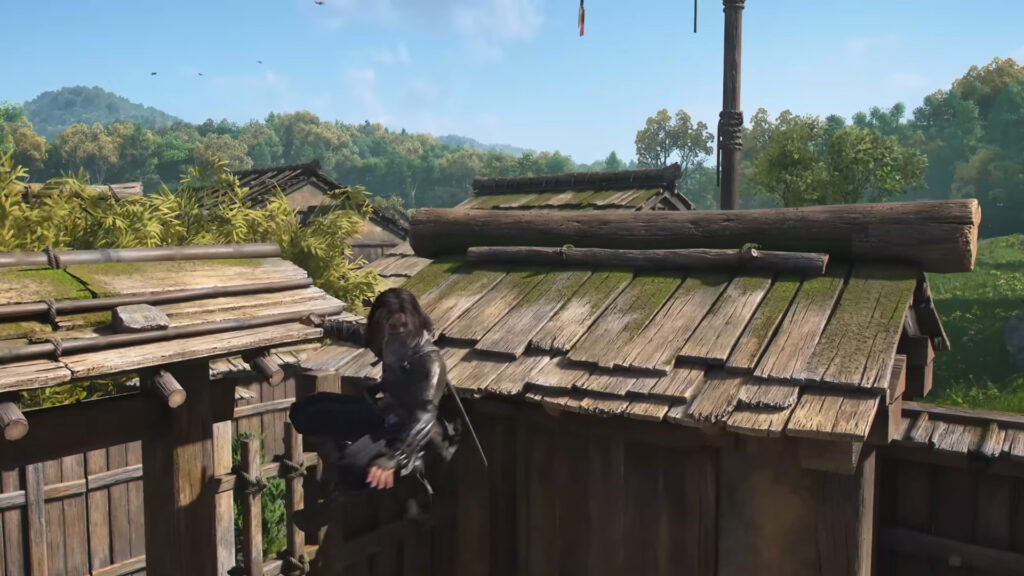
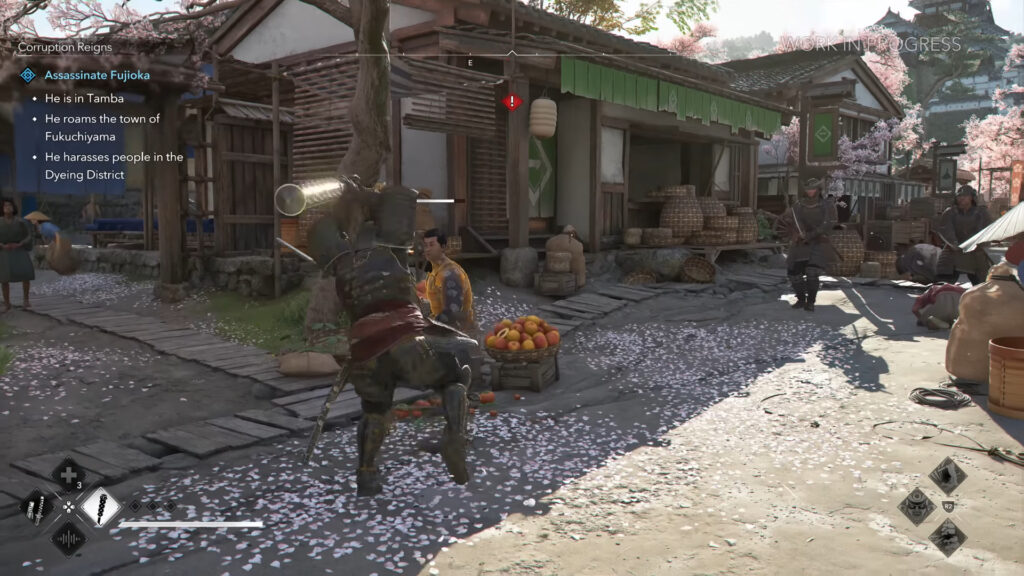
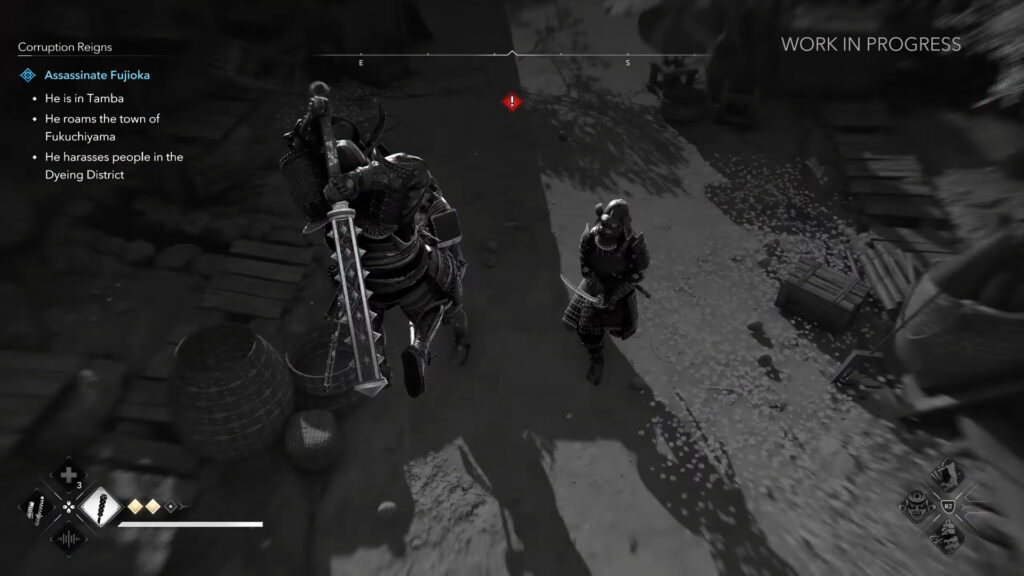
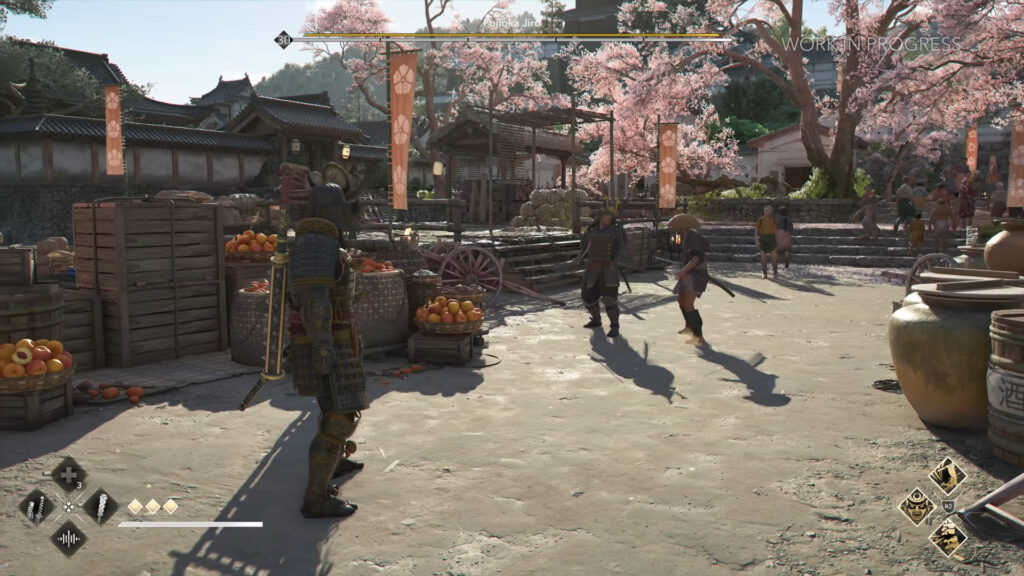
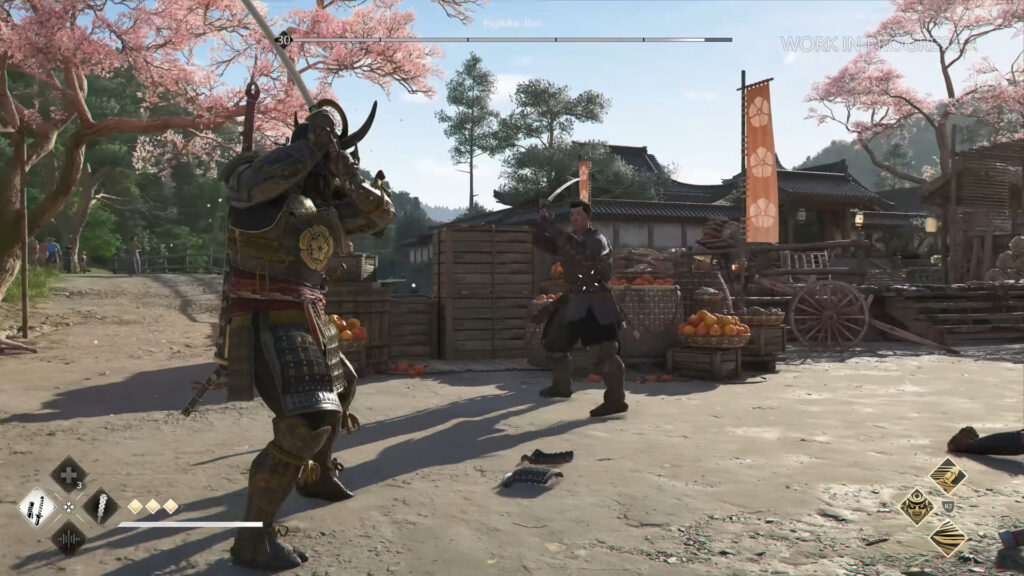
We are all aware of Ubisoft‘s Feudal Japan debacle with Assassin’s Creed Shadows, as they weren’t true to the culture. However, they haven’t always been like this; rather, they used to research each historical location to give an authentic experience. Yes, do add in other creative elements like objects of power, but the setting was accurate.
Assassin’s Creed games have always tried to keep historical settings accurate to the era, which we’ve seen for a long time. From architectural details to the lifestyle of people during those periods, all were recreated to give us total immersion. Furthermore, Assassin’s Creed Unity was even used as a reference for rebuilding Notre-Dame Cathedral after it tragically burned.
However, the credibility took a steep decline once Ubisoft announced a “historical figure” about whom little is known. Many officials stated that there is very little evidence that Yasuke was a samurai. This deeply hurt the sentiments of the Japanese population, as the game was based on their country, and they didn’t bother to research their history.
You’ll be surprised to know that wasn’t the only inaccuracy in Assassin’s Creed Shadows. Ubisoft also featured a real Shinto shrine in the game, but without taking permission from the caretakers. As a final nail in the coffin, they used Yasuke to destroy the altar at Itathyuozu Shrine. A controversial protagonist destroying Japan’s heritage narrative burst into flames.
This post belongs to FandomWire and first appeared on FandomWire
